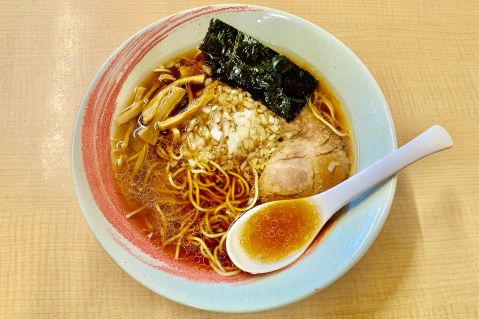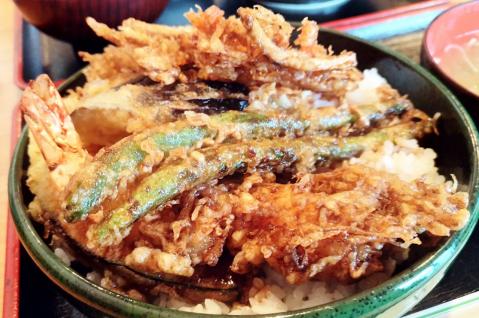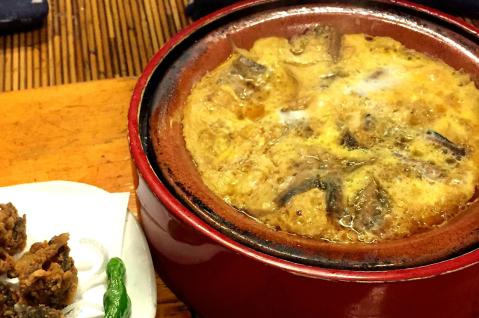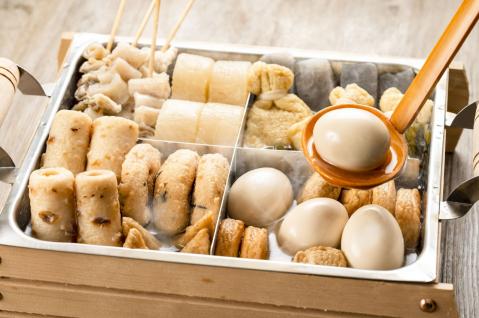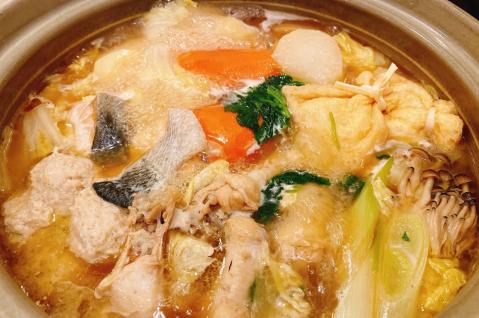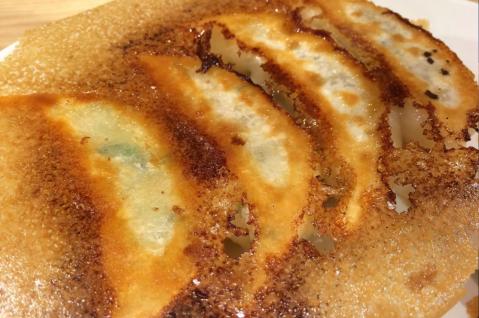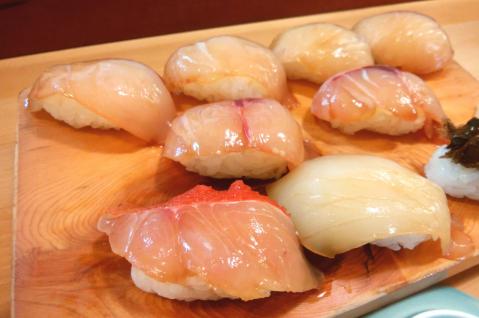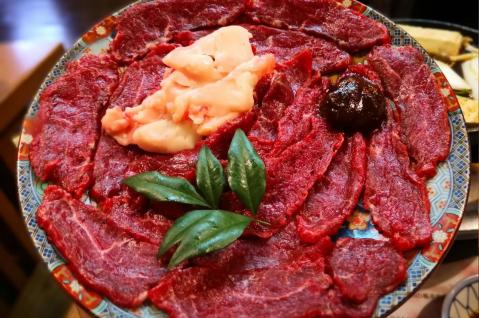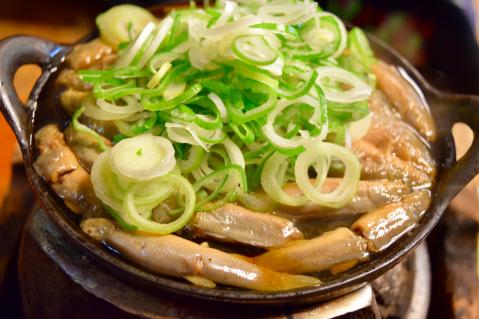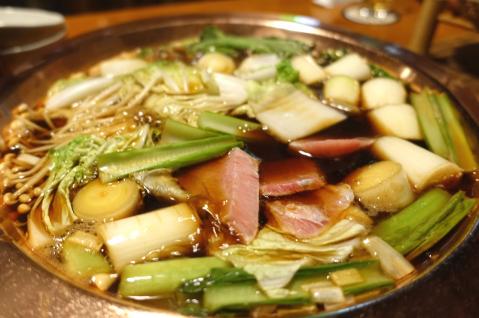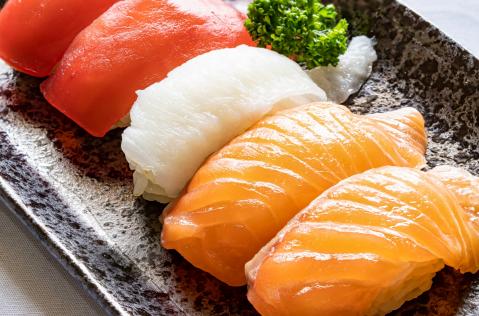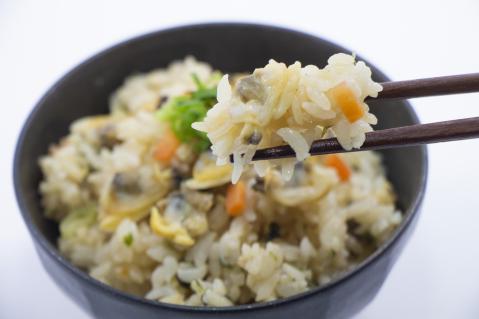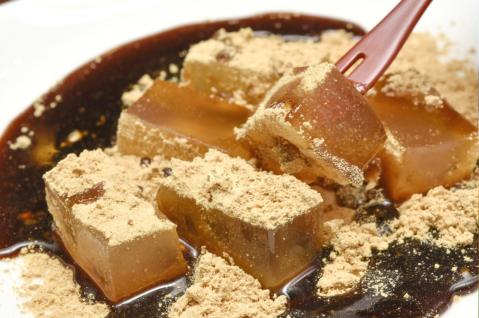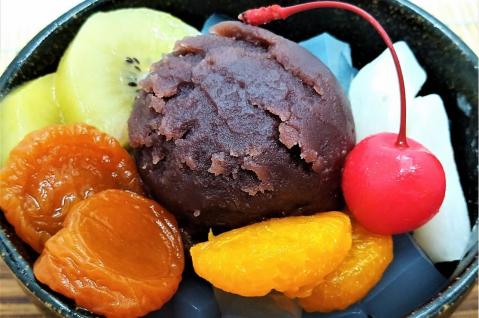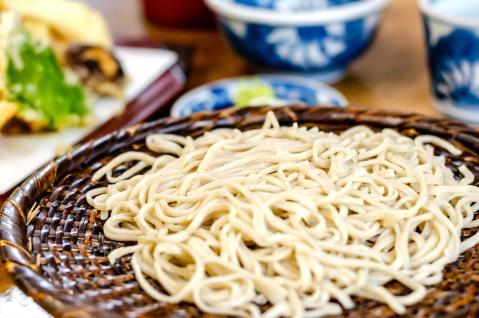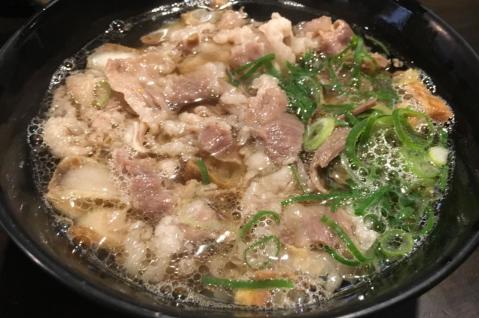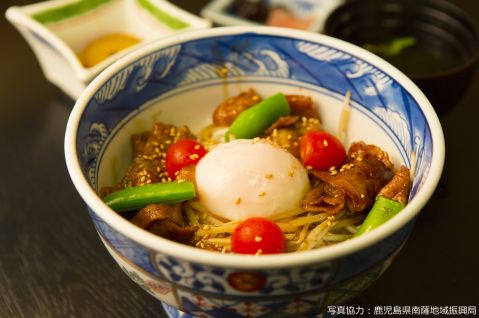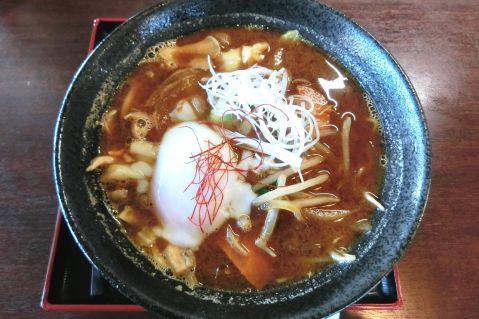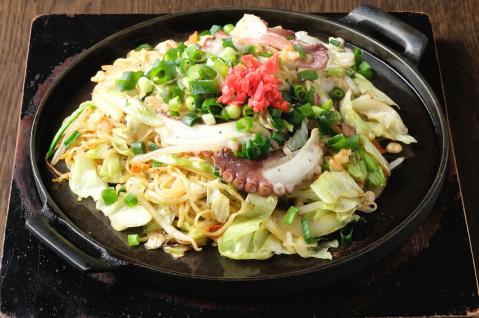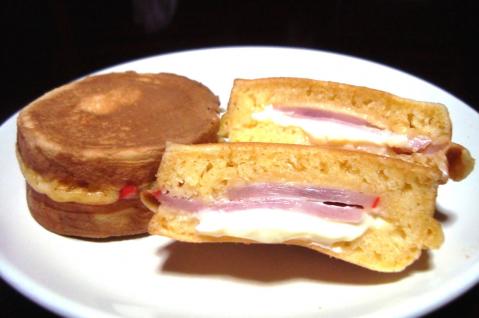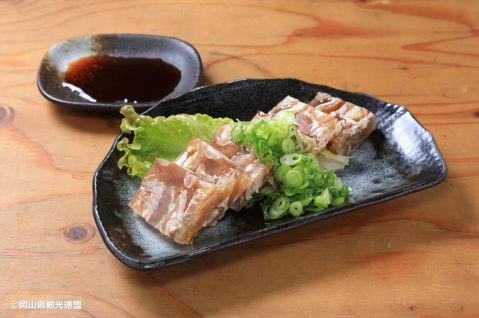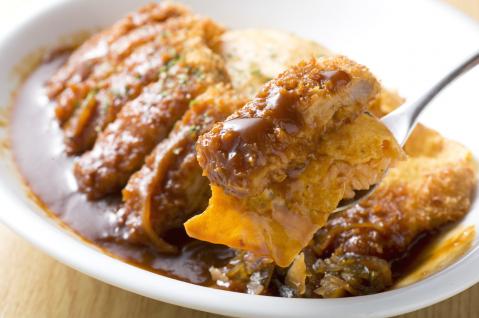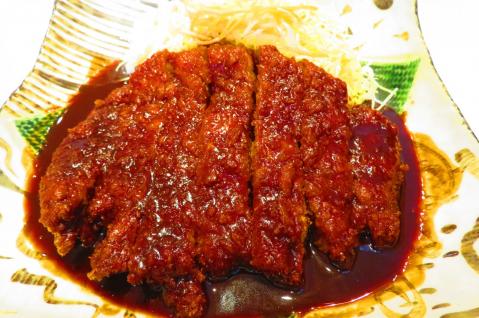Regional cuisine of Tokyo region
Cooking Classes in Tokyo
Discover the secrets of Japan's world-renowned healthy cuisine and longevity with airKitchen's authentic cooking classes in Tokyo homes. Don't just follow a recipe – learn the time-honored generational wisdom of Japan's cuisine.
Hachioji Ramen
Hachioji Ramen (八王子ラーメン, Hachioji rāmen) is a beloved local specialty of Hachioji City in Tokyo, celebrated for its simple yet unique charm. This d...
Tendon (Tempura Rice Bowl)
Tendon (天丼) is a delightful dish combining crispy tempura with rice, generously topped with a sweet and savory sauce. Different from enjoying tempura on it...
Yanagawa Hot Pot
Yanagawa Hot Pot (柳川鍋, Yanagawa nabe) is a traditional hot pot dish from the Edo period, featuring loach fish as its star ingredient. Similar to "Dozeu...
Kanto Oden
Oden, a beloved Japanese hot pot dish, is referred to differently depending on the region. In the Kansai area, it is often called "Kanto-ni" or "Kanto-daki,"...
Chanko Nabe
Ryogoku, known as the heart of sumo wrestling, is home to the famed Ryogoku Kokugikan arena and is revered as the sacred ground of Chanko Nabe (ちゃんこ鍋). ...
Pan-fried Gyoza with Crispy Wings
Pan-fried Gyoza with Crispy Wings (羽根付き餃子, Hanetsuki Gyoza) originated in Kamata, Ota City, and has been a popular dish since the 1980s. The delight...
Shima Sushi
Shima Sushi (島寿司, Shima sushi) is made using fresh fish caught around the island, such as mahi-mahi, sea bream, golden eye snapper, striped jack, amberjac...
Tokyo Agepan
Did you know that Agepan (Tokyo Agepan) originated in Ota Ward, Tokyo? It was originally created to improve the nutritional intake of children who were lacki...
Sakura Nabe
Sakura Nabe (桜鍋, Sakura nabe) is a traditional dish hailing from the downtown neighborhoods of Tokyo, with a history that dates back to the Meiji era. T...
Dozeu (Dojo) Hot Pot
Dozeu (Dojo) Hot Pot (どじょう鍋) is a traditional dish from the Edo period with over 200 years of history. There are several variations of this dish, suc...
Negima Hot Pot
Negima Hot Pot (ねぎま鍋, negima nabe) is a traditional dish from the Edo period that combines green onions and tuna, simmered in a sukiyaki-style broth made...
Edomae Sushi
Edomae Sushi (江戸前寿司, Edomae sushi) refers to nigiri sushi and sushi rolls crafted by skilled sushi chefs using fresh seafood sourced from Tokyo Bay. ...
Fukagawa Meshi
Fukagawa Meshi (深川めし, Fukagawa meshi) originated as a simple, hearty meal for fishermen in the Fukagawa area and became a staple of common folk. In th...
Kuzumochi
Kuzumochi (くずもち, Kuzumochi) from the Kanto region is believed to have been named with alternate kanji to differentiate it from Kansai’s “Kuzumochi,” whic...
Anmitsu
Anmitsu (あんみつ) originated in the 1930s in the Ginza district of Tokyo, inspired by mitsumame (みつ豆), a dessert from Asakusa that was enhanced with swee...
Jindaiji Soba
Jindaiji Soba (深大寺そば, Jindaiji soba) originated in Chofu, Tokyo, where the land was unsuitable for rice cultivation but ideal for growing soba due to it...

